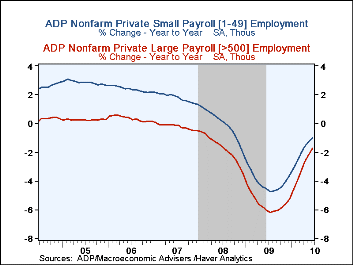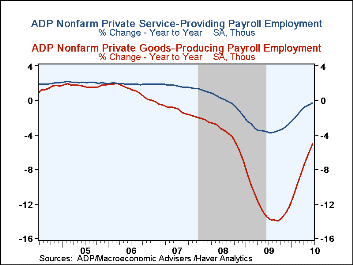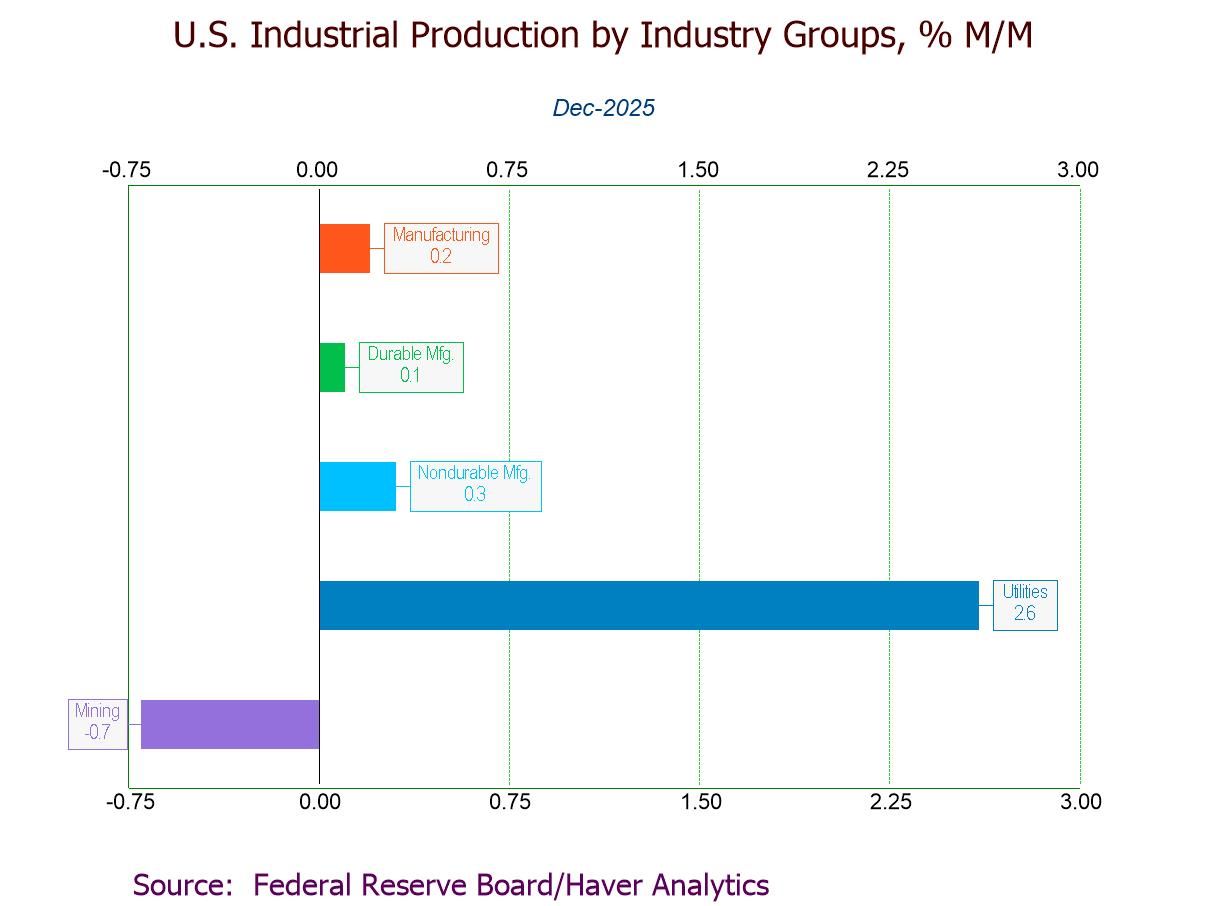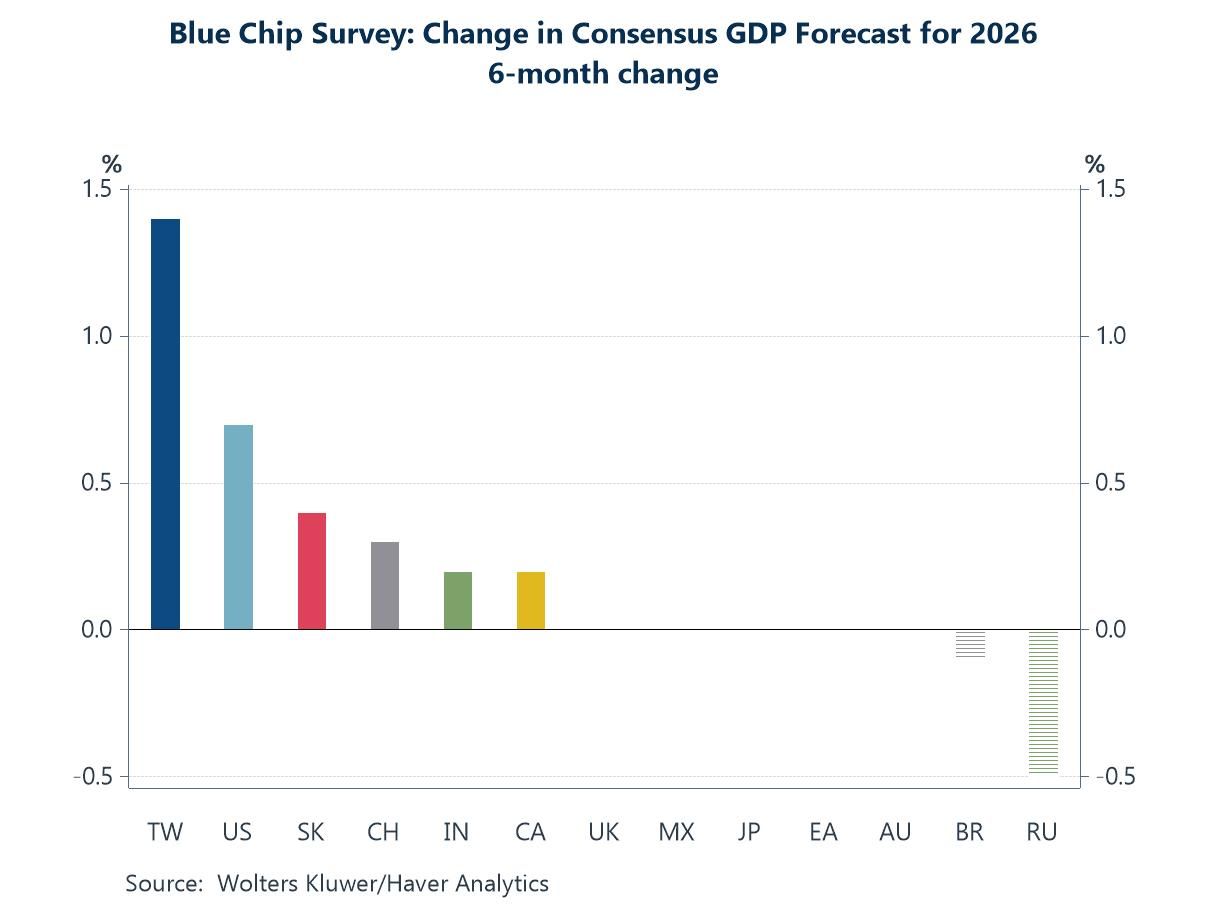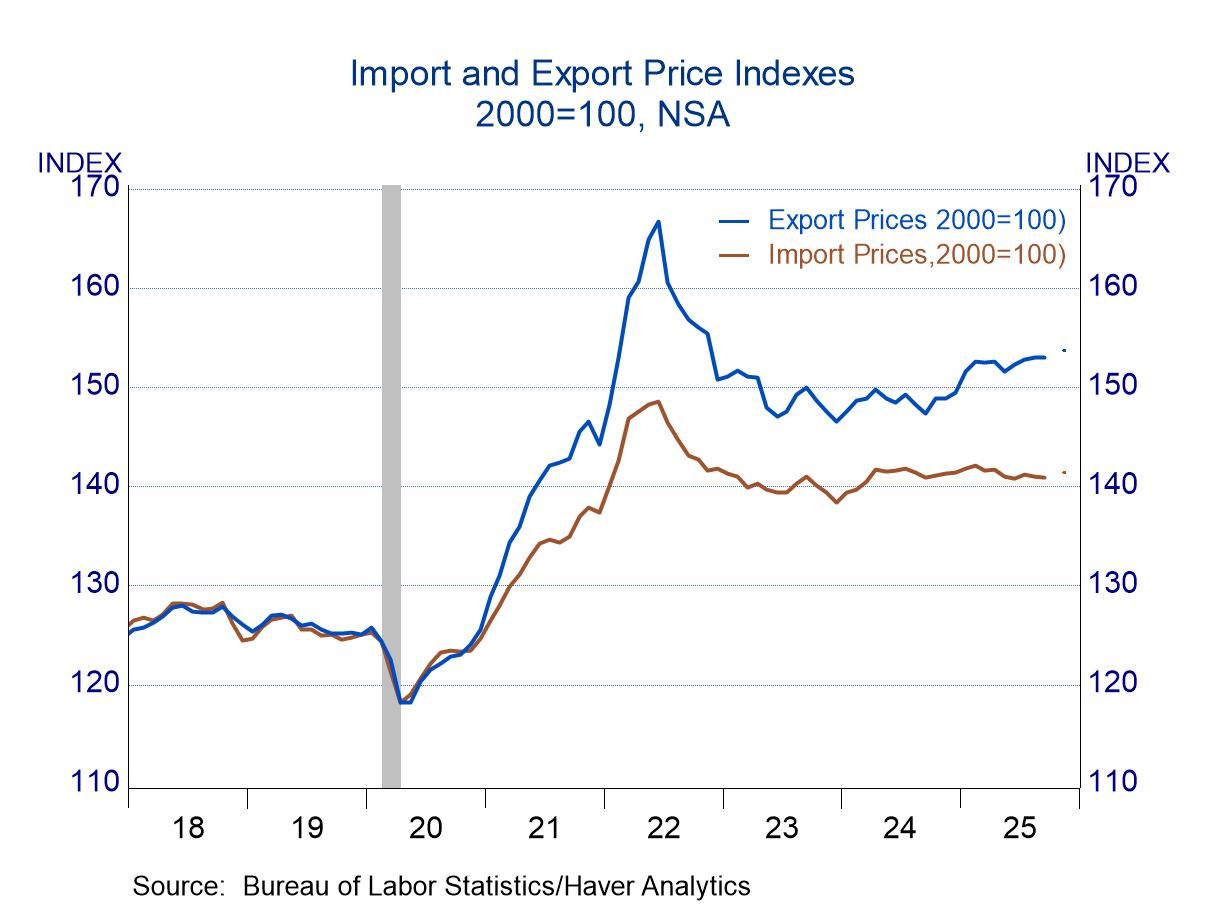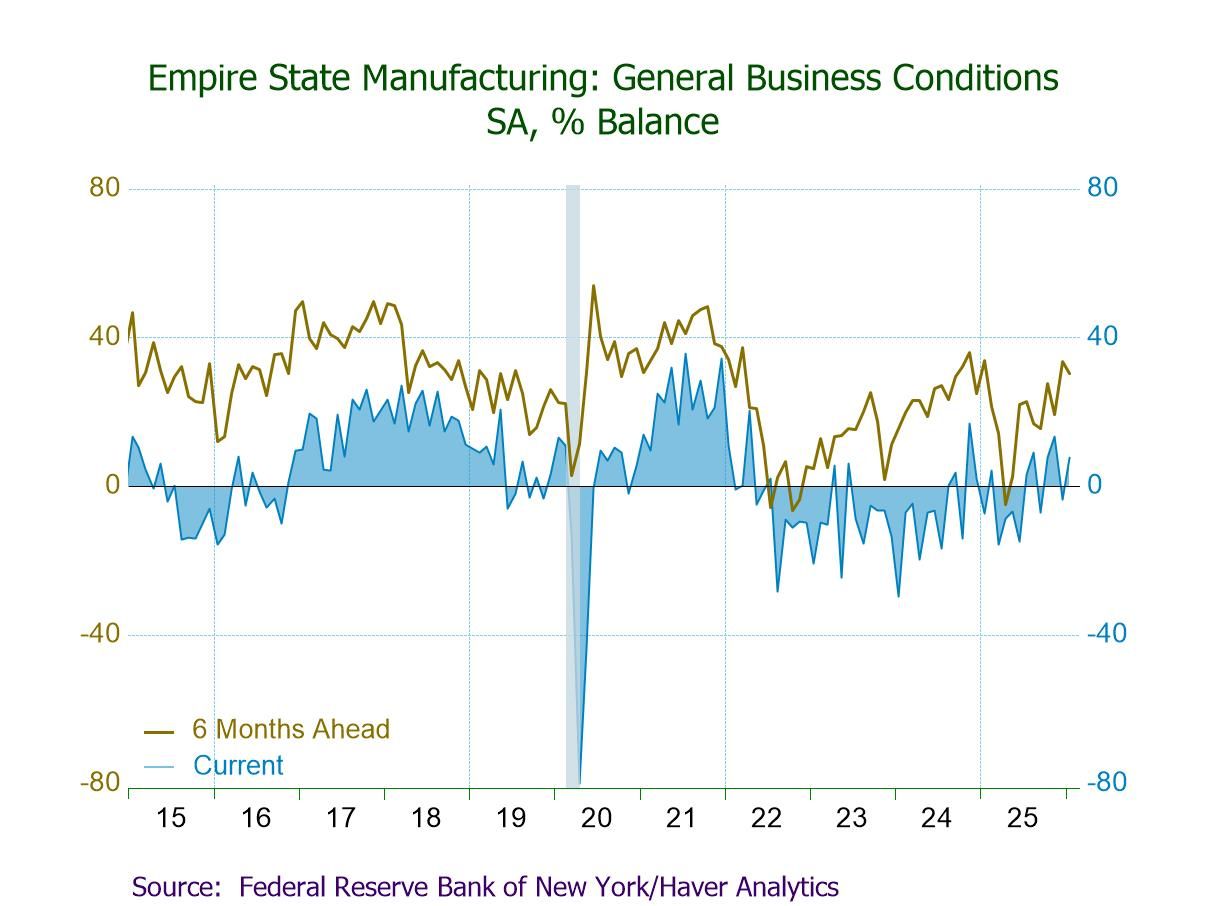 Global| Jun 30 2010
Global| Jun 30 2010ADP Report: Private-Sector Job Growth Slows This Month
by:Tom Moeller
|in:Economy in Brief
Summary
The rate of improvement in the U.S. job market slowed during June. The latest report from the payroll processor ADP, in their National Employment Report, indicated that private nonfarm payroll levels rose last month by 13,000. The [...]
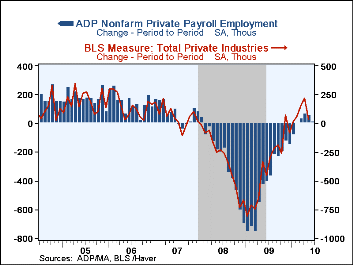 The rate of improvement in the U.S. job market slowed during June. The latest
report from the payroll processor ADP, in their National Employment Report,
indicated that private nonfarm payroll levels rose last month by 13,000. The
gain followed a 57,000 May increase that was revised up from 55,000. Though the
latest was the fifth consecutive monthly increase, it was the weakest since
February. Also, it confirms reports from the Federal Reserve district banks that
job growth slowed last month. A 60,000 increase in June jobs had been the
Consensus expectation for June.
The rate of improvement in the U.S. job market slowed during June. The latest
report from the payroll processor ADP, in their National Employment Report,
indicated that private nonfarm payroll levels rose last month by 13,000. The
gain followed a 57,000 May increase that was revised up from 55,000. Though the
latest was the fifth consecutive monthly increase, it was the weakest since
February. Also, it confirms reports from the Federal Reserve district banks that
job growth slowed last month. A 60,000 increase in June jobs had been the
Consensus expectation for June.
The U.S. Bureau of Labor Statistics will report June payroll employment on Friday. For comparison, the May increase of 57,000 in ADP's measure of private nonfarm payrolls was accompanied by a 41,000 rise in the BLS measure of private sector payrolls. According to ADP and Macro-Advisers, the correlation between the monthly percentage change in the ADP estimate and that in the BLS data is 0.90. ADP compiled the estimate from its database of individual companies' payroll information. Macroeconomic Advisers, LLC, the St. Louis economic consulting firm, developed the methodology for transforming the raw data into an economic indicator.
ADP reported that private service-producing industry employment rose for the fifth consecutive month. The 30,000 rise (-0.3% y/y) was, however, the smallest of the five. Small-sized payrolls grew a diminished 20,000 (-0.1% y/y) while medium-sized payrolls also grew a weaker 13,000 (-0.3% y/y). The 3,000 worker decline (-0.9% y/y) in large service-producing payrolls was the first shortfall since January.
Goods producing employment fell another 17,000 this month (-5.1% y/y). Payrolls have been falling since early-2006 but the latest was near the smallest of the period. At the worst, goods producing employment fell 334,000 in February of last year. In the manufacturing sector alone, however, payrolls rose 16,000 (-2.4% y/y) for the fifth consecutive monthly rise. Large goods producing payrolls increased 6,000 (-4.9% y/y) while small-sized payrolls fell 21,000 (-6.6% y/y). Medium-sized payrolls fell 2,000 (-3.9% y/y). Construction employment fell 35,000. The greatest monthly drop of 120,000 was logged during March of 2009. Financial activities jobs fell 10,000 as they did during May.
The ADP National Employment Report data is maintained in Haver's USECON
database; historical figures date back to December 2000. The figures in this
report cover only private sector jobs and exclude employment in the public
sector. The full ADP National Employment Report can be found here
and the ADP methodology is explained
Inflation: Noise, Risk, and Expectations from the Federal Reserve Bank of Cleveland can be found here.
| ADP National Employment Report | June | May | April | Y/Y | 2009 | 2008 | 2007 |
|---|---|---|---|---|---|---|---|
| Total Nonfarm Private Payroll Employment (m/m Chg., 000s) | 13 | 57 | 65 | -1.1% | -4.9% | -0.7% | 1.1% |
| Small Payroll (1-49) | -1 | 13 | 17 | -1.0 | -4.1 | -0.1 | 1.8 |
| Medium Payroll (50-499) | 11 | 42 | 31 | -1.0 | -5.7 | -0.9 | 1.0 |
| Large Payroll (>500) | 3 | 2 | 17 | -1.7 | -5.6 | -1.8 | -0.2 |
| Goods Producing | -17 | -22 | -6 | -5.1 | -12.3 | -3.7 | -1.1 |
| Manufacturing | 16 | 18 | 34 | -2.4 | -11.1 | -3.0 | -1.7 |
| Service Producing | 30 | 79 | 71 | -0.3 | -3.3 | 0.0 | 1.7 |
Tom Moeller
AuthorMore in Author Profile »Prior to joining Haver Analytics in 2000, Mr. Moeller worked as the Economist at Chancellor Capital Management from 1985 to 1999. There, he developed comprehensive economic forecasts and interpreted economic data for equity and fixed income portfolio managers. Also at Chancellor, Mr. Moeller worked as an equity analyst and was responsible for researching and rating companies in the economically sensitive automobile and housing industries for investment in Chancellor’s equity portfolio. Prior to joining Chancellor, Mr. Moeller was an Economist at Citibank from 1979 to 1984. He also analyzed pricing behavior in the metals industry for the Council on Wage and Price Stability in Washington, D.C. In 1999, Mr. Moeller received the award for most accurate forecast from the Forecasters' Club of New York. From 1990 to 1992 he was President of the New York Association for Business Economists. Mr. Moeller earned an M.B.A. in Finance from Fordham University, where he graduated in 1987. He holds a Bachelor of Arts in Economics from George Washington University.


